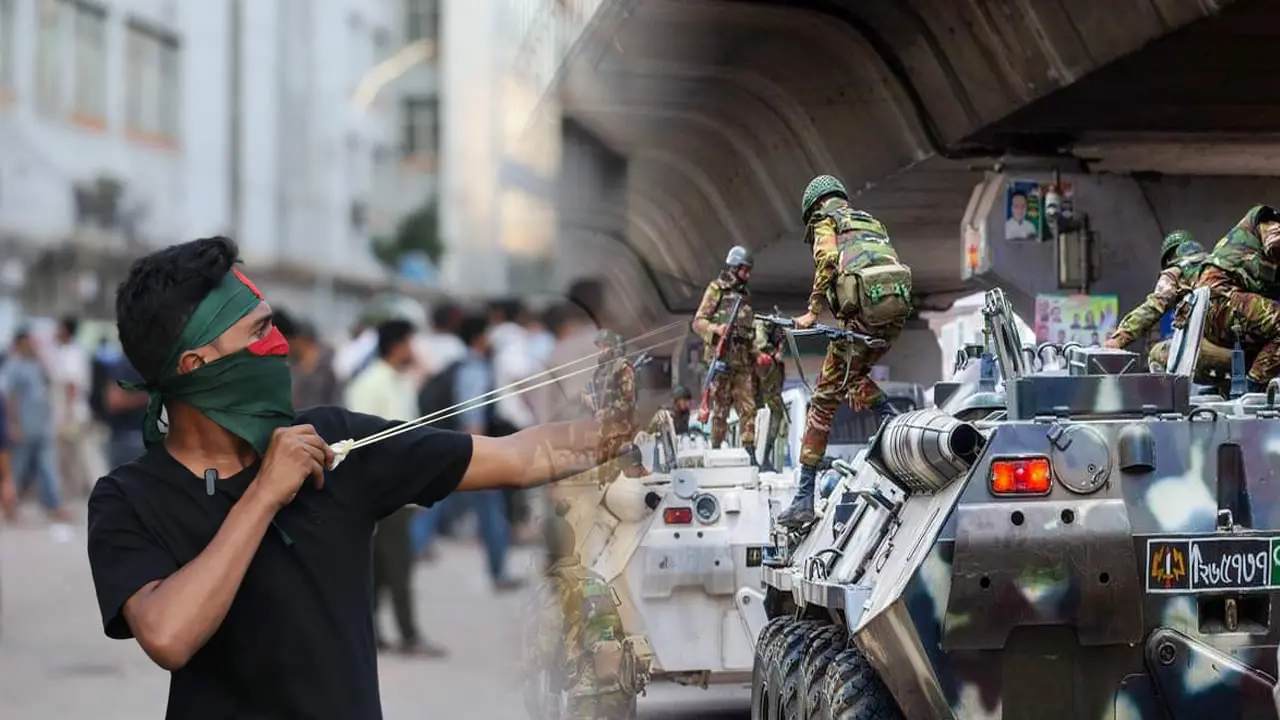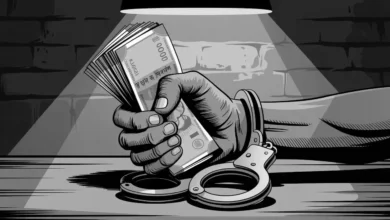Bangladesh Supreme Court Nullifies Government Job Quotas Amid Protests

Bangladesh Supreme Court Nullifies Government Job Quotas Amid Violent Protests
Desk Report, July 21, 2204: The Supreme Court of Bangladesh has nullified most of the controversial government job quotas, sparking student-led protests that have resulted in at least 125 deaths. The court’s Appellate Division dismissed a lower court’s order that had reinstated the quotas, ensuring that 93% of government jobs will now be allocated based on merit.
Prime Minister Sheikh Hasina’s government initially abolished the quota system in 2018. However, its reinstatement by a lower court last month ignited widespread protests and a severe government crackdown. The impact of the Supreme Court’s latest decision on the protesters remains uncertain.
In anticipation of the Supreme Court hearing, the government extended a curfew, with soldiers patrolling the streets of Dhaka, the epicenter of the demonstrations. Internet and text message services have been suspended since Thursday, creating an “information blackout” as police enforced a ban on public gatherings. The curfew, initially set to end at 3 p.m. on Sunday, was extended indefinitely, though a brief two-hour break allowed residents to gather essential supplies. Authorities have issued “shoot-on-sight” orders to enforce the curfew.
The demonstrations began last month after the High Court reinstated the quota system for government jobs, overturning the 2018 decision to scrap it. The quotas covered 30% of jobs reserved for family members of freedom fighters from the 1971 war for independence. Following an appeal by the government, the Supreme Court suspended the High Court order and set August 7 for further hearings.
Protesters argue that the quota system benefits supporters of the Awami League party and should be replaced with a merit-based system. Prime Minister Hasina has defended the quotas, emphasizing the contributions of war veterans. The protests escalated into violence this week, with clashes between anti-quota demonstrators and members of the Awami League’s student wing. Police used rubber bullets, tear gas, and sound grenades to disperse protesters who blocked railway tracks and major roads.
Students fear that the quota system favors Awami League supporters, limiting opportunities for merit-based employment. The unrest is also driven by high youth unemployment and a stagnant economy, with nearly 32 million young people out of work or education in a population of 170 million. Inflation hovers around 10%, and dwindling dollar reserves add to the discontent.
Prime Minister Hasina, who won a fourth consecutive term in January, condemned the violence and called for patience until the Supreme Court’s final verdict. She has faced criticism for her handling of the protests, with many accusing her government of authoritarianism and favoritism.
Also read: Amrit Brikshya Andolan 2024: Massive Plantation Drive Announced




